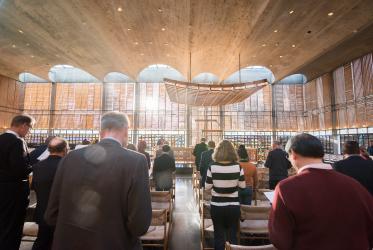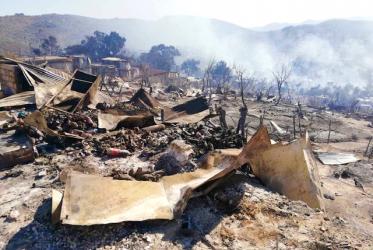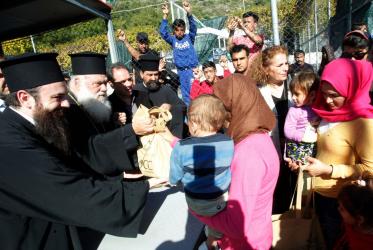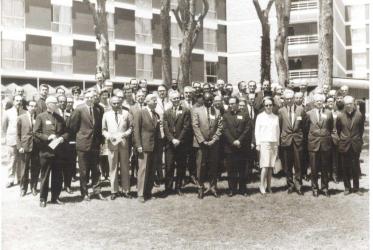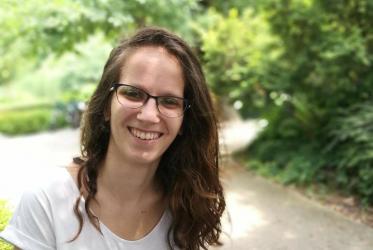Displaying 1 - 20 of 126
Le COE publie des offres d’emploi à des postes de direction
27 January 2022
In a COVID-stricken world, “everyone is important”
23 October 2020
The cry of the Papuans in Indonesia
14 November 2019
Markus Imhoof film receives human rights award
10 October 2019

